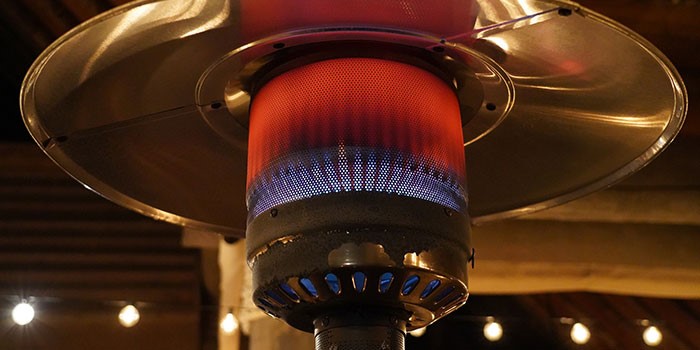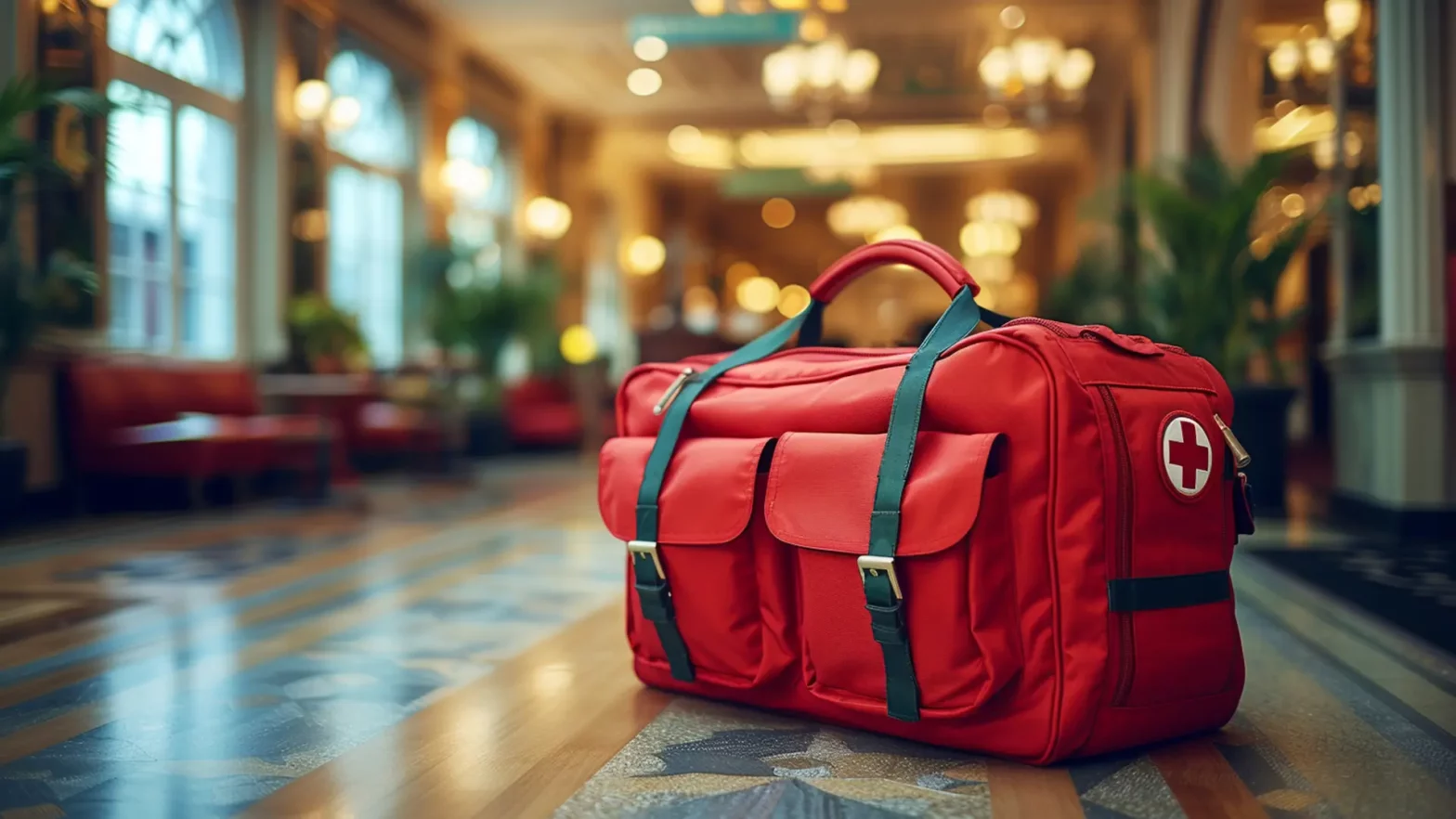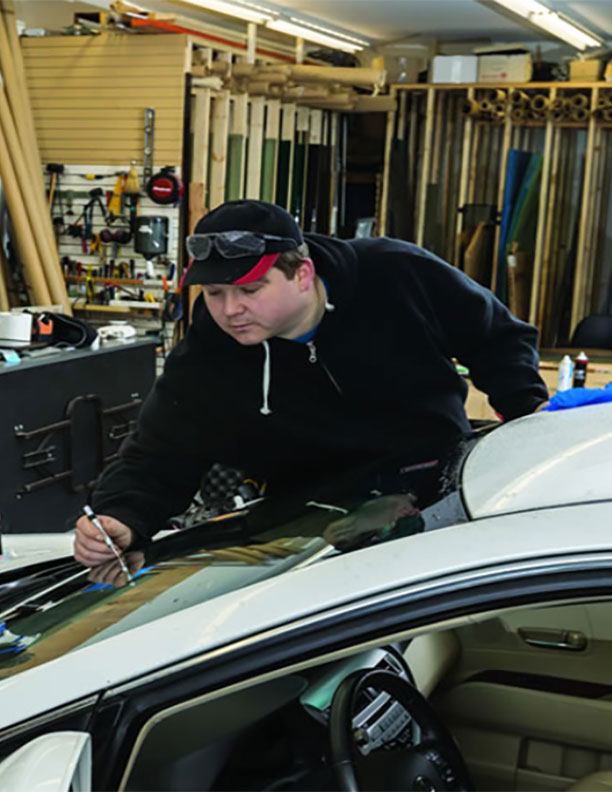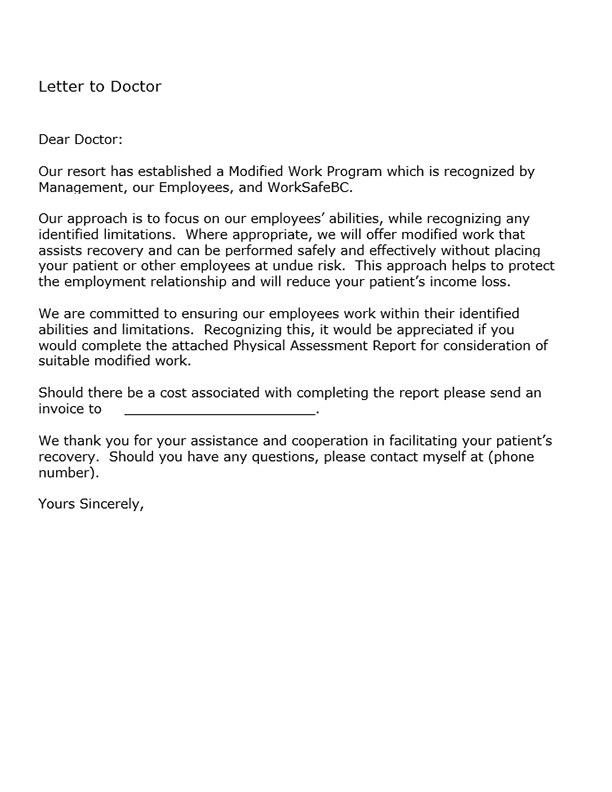April 6, 2023
As businesses seek to enclose outdoor patios and provide portable gas heaters, to counteract the cold weather, the risk of exposure to carbon monoxide (CO) becomes a concern, particularly where there is a lack of ventilation. Patio heaters are often fueled by propane or natural gas, which require air in order to burn efficiently. If there is insufficient air, incomplete combustion could occur, resulting in a build-up of CO.
Employers must take steps to minimize and control all risks in the workplace and exposure to CO should be included in the risk assessment process, when using portable gas heaters.
Here are some practical points to consider when preparing to heat your outdoor space using gas heaters this winter:
- Consider using electric heaters as an alternative to gas heaters. (If using electric heaters, be sure to secure any cables to prevent a tripping hazard).
- Pay attention to the manufacturer’s instructions around the use of gas heaters; most manufacturers warn against using them in an enclosed space (a tent with four walls is considered an enclosed space).
- Ventilation is important in helping to prevent the transmission of COVID-19. However, too much air flow could create a “wind tunnel” effect, transporting droplets of the virus towards other people.
- Design your outdoor space carefully, making sure that there’s enough space between different parties (at least two metres) and that guests are seated away from heat sources.
- Heaters should be placed on a stable, level and solid surface, to prevent them from tipping over. If the heater needs to be moved, always disconnect the cylinder first. Never move a lit heater.
- Fire-fighting equipment should be readily available.
- Keep heaters well away from combustible materials and exit areas. Allow enough clearance between the heater and the ceiling of the tent and think about proximity to table cloths, seat cushions etc.
- Make sure that the positioning of heaters does not interfere with the flow of customer traffic or lead to other challenges, such as impeding access to tables for service and clearing.
- Provide staff training on the safe operation of heaters and retain records of this.
- Refer to the information provided in the manufacturer’s manual for your particular model of heater.
- Inspect heaters regularly to make sure that they remain in good working order and consider whether they need to be inspected by a professional, to check for gas leaks, wear and tear etc. (Propane cylinders must be inspected and requalified every ten years).
- Cylinders must be stored upright and secured, preferably in a locked cage or similar. Remember that a cylinder is considered to be “in storage” when not connected to an appliance. Even empty cylinders should be secured to prevent them from falling over and causing an injury.
- Review your external seating area regularly and make changes if something isn’t working out as you thought it would.
WorkSafeBC has published a new risk advisory for managing potential carbon monoxide exposure from heaters in outdoor spaces.
The Canadian Centre for Occupational Health and Safety (CCOHS) has developed an informative tip sheet on patios.
By taking steps to adequately control the risks in your outdoor seating space, you can help to ensure that your employees and guests remain safe, healthy and warm this winter.
Return to top


